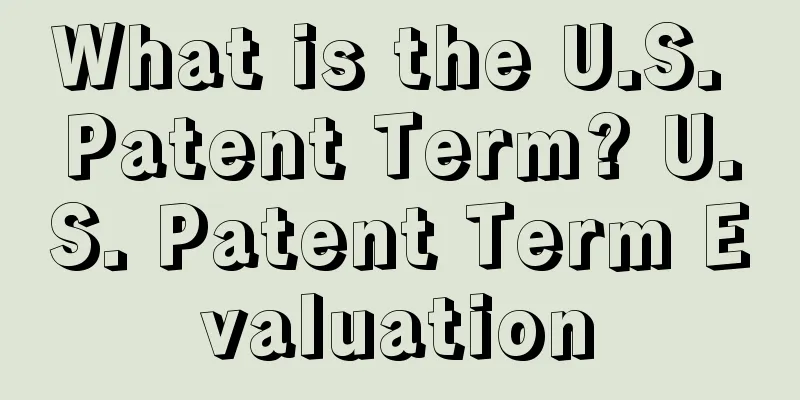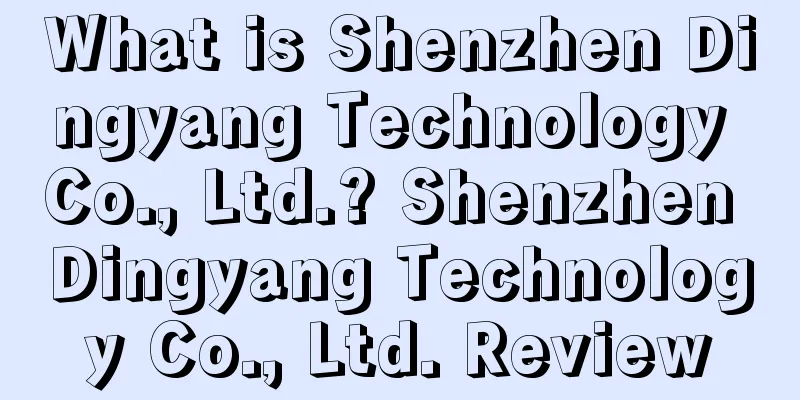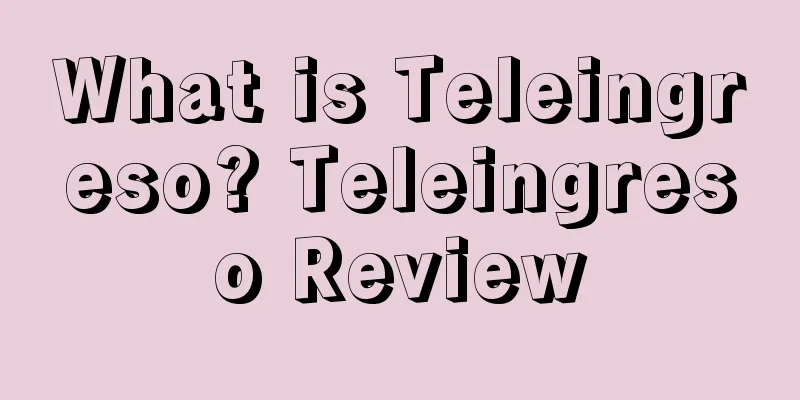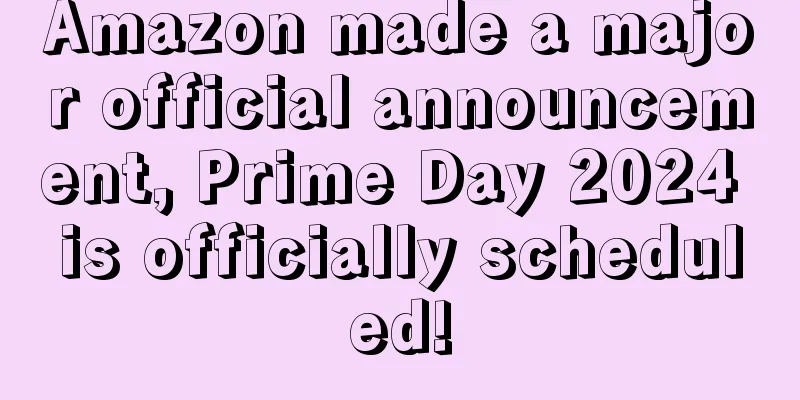What is the U.S. Patent Term? U.S. Patent Term Evaluation

|
The U.S. Patent and Trademark Office will adjust the patent protection period appropriately according to the delay of the Patent and Trademark Office or the inventor . Introduction According to the relevant provisions of the current US patent law, the validity period of patents that pay patent maintenance fees on time is as follows:
The US patent term policy was adjusted in 1995 to align US patent law with the Agreement on Trade-Related Aspects of Intellectual Property Rights (TRIPs) agreed upon by the World Trade Organization in the Uruguay Round. This adjustment also made submarine patents no longer viable because patent terms are now determined by the priority date rather than the grant date. The validity period of a design patent is shorter than that of an invention patent. For a design patent filed after May 13, 2015, the validity period is 15 years from the date of authorization; for a design patent filed before May 13, 2015, the validity period is 14 years from the date of authorization. Patent Type The United States Patent and Trademark Office (USPTO) issues the following three types of patents: invention patents, new design patents, and plant patents. Invention Patent Utility Patent: Utility patent is the most common and can bring the most benefits to the inventor. Only "functional" inventions can be applied for invention patents. Inventions that can be applied for include: process, machine, article of manufacture, composition of matter, among which the process can be a method or a new use of the above invention. The United States excludes nuclear materials and atomic energy used for weapons from the scope of protection of patent law. The scope of protection of invention patents is defined by the claims in the patent. As long as the competitor's product is within the scope of protection defined by the claims, even if the product is not exactly the same as the invention described in the patent content (the embodiment of the invention), it may still constitute infringement. Design Design patent: A design must be applied for in appearance. The scope of protection of a new design patent is mainly limited to the appearance of the object depicted in the patent. Since it is easy for opponents to circumvent the new design patent by changing the design, the scope of protection of the design patent is narrower than that of the invention patent. Plant Patents Plant patents (patent for plant): As a major agricultural country, the United States attaches great importance to inventions in the field of plants. It not only lists plant patents separately, but also makes many regulations specifically suitable for plant inventions in terms of application and protection. Article 25 of the Chinese Patent Law lists new plant varieties as those that cannot be protected by patents, but plant varieties are not excluded in the plant patents of the United States. The inventions and creations for applying for plant patents must be plants that have been cultivated through asexual reproduction or sexual reproduction and are novel and special. A single plant can only have one patent. The United States does not protect utility model patents, but this is not unique to the United States, as there are many patent offices in the world that do not protect utility models. References |
>>: What is Luxury Promise? Luxury Promise Review
Recommend
Another hot-selling product faces a reshuffle! Amazon suddenly banned sales, a large number of listings were deleted, and faced permanent suspension!
There has never been a shortage of hot-selling pro...
What is Outdoor Voices? Outdoor Voices Review
Outdoor Voices was founded in 2013 and is an Ameri...
Involving thousands of tax numbers, the VAT company is suspected of running away! Why is there so much chaos in the service provider industry?
▶ Video account attention cross-border navigationI...
Q4 US retail sales are expected to grow by 14.3%! The apparel industry may perform best!
<span data-shimo-docs="[[20,"获悉,据市场研究机构Ref...
#Case Analysis# The invincible operation reappeared, and it has long been ranked No. 1 in the Health & Household category. It is as easy as taking something out of a bag to get the No. 1 in the category!!!
: I have been paying attention to this seller for...
Thousands of cross-border companies have left the market? But Amazon sellers have been ranked first for 10 years
The tide of cross-border e-commerce reform is roll...
What is Jiahong College? Jiahong College Review
Jiahong College is committed to becoming a talent ...
Amazon's financial report made a big turnaround! Third-party revenue surged
Today, Amazon released its financial report for th...
There is a risk of burns! CPSC recalls 440,000 Starbucks mugs
It is learned that the U.S. Consumer Product Safet...
Amazon Wants to Lend You Money?!
focus on When we were doing business on Amazon, t...
Amazon and TikTok are rumored to be joining forces, but don't be misled by the media
Normal, once there is data abnormality, such as s...
What is the Philippine BPS certification? Philippine BPS certification evaluation
BPS certification is mainly managed by the Bureau ...
Sellers are familiar with the traffic on the site. But how much do you know about the traffic outside the site?
As an Amazon operator, the source of daily strugg...
What is Amazon Brand Gating? Amazon Brand Gating Review
Amazon Brand Gating is the most effective way to p...
Loss of 1 billion in one year! Is the well-known cross-border seller going out of business?
Written in front 2020 is destined to be an extrao...









